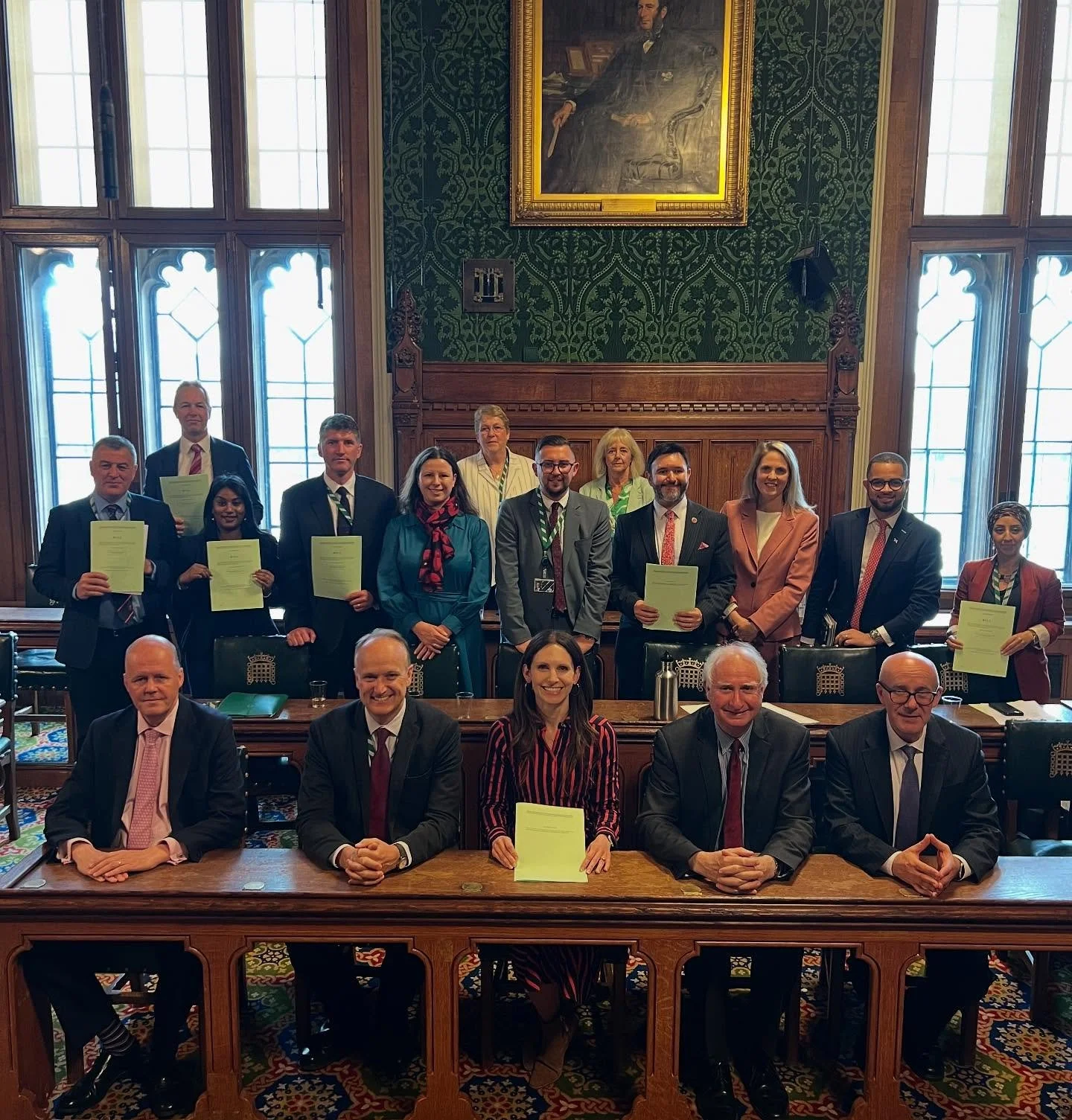Chronicle column: On Whipping
I am often asked by constituents why I do not break the whip. People generally assume that if you aren’t rebelling as a backbencher, it’s because you’re seeking promotion and acting in your own self-interest at the expense of your constituents. That’s not what I’m doing.
The reality of whipping is a lot more complicated. When Labour MPs broke the whip over winter fuel allowance, they were suspended from the Labour parliamentary party for six months. This had implications for their constituents.
That is not to say that I would never do it. But that it is something that requires very careful thought.
I spend three – or often four – days of my week in Westminster. Aside from attending debates in the House of Commons, I spend a lot of time in meetings with ministers. These take various forms. Often, they are ministerial briefings in which groups of backbenchers are brought up to speed on the latest government thinking or legislation and given an opportunity to input.
My invitations to these meetings, is dependent on me retaining the Labour whip.
Since January alone, I’ve been to such meetings on the asylum and immigration system (twice on different elements), the health service, roads, Northern rail, leasehold, farms and agriculture, education, homelessness, welfare reform (repeatedly), the justice system, child poverty, the spending review, Northern Rail, and the Middle East and the Israel-Gaza conflict.
At every single one of these, I have raised the concerns that people bring to me by email, at my surgeries, or community events.
I’ve been to two separate briefings at Downing Street in that time as well. I generally attend the weekly Parliamentary Labour party meeting, which has a different ministerial speaker every week. Again, I usually ask a question or make a comment on your behalf. In these recently, I’ve heard about our education and arts policies. I’ve advocated for the importance of solar panels on new builds and a roofs-first approach to solar.
When I spoke to the Prime Minister at such a meeting, I made sure to emphasise the need to reform leasehold, which I know is an issue for lots of homeowners locally. In addition to that, I raised the fact that we need to make sure proper asylum and other immigration checks are being done, so that only the people we want in our communities, remain in our communities.
I also arrange specific individual meetings with ministers about a specific area of concern or a problem a constituent may be having.
With the exceptions of the individual meetings, which I could still request invitations to, these wider meetings are dependent on me retaining the whip. There are periodic briefings for opposition MPs as well, but they are significantly less frequent, and less influential.
It can be hectic, so it’s not always easy to share what I’m doing as it happens. In my next column, I will talk in more detail about what I’ve been advocating for with ministers. But my goal in every meeting is to steer policy in directions that are good for you, and good for our area.
I did not lose my ability to think independently when I was elected. Nor do I only say what ministers want to hear when I am in meetings with them, in fact colleagues refer to me as ‘brave’, as I am privately outspoken. The reality is that as in any business or organisation, people who are well liked and respected by their colleagues, have more influence. Being considered knowledgeable and ‘one of the team’ is important. If ministers trust you, they tell you more, and you can have greater influence. You do not retain that influence by publicly criticising them on a regular basis.
This is not to condemn colleagues who have been more publicly outspoken than I have. Everyone has to examine their own conscience, and good people can come to different conclusions as to what is the most effective way to represent their constituents.
You may or may not agree with the whipping system, and I’m not suggesting it is perfect. But without it, we would have chaos. You can’t have hundreds of government MPs each running with their own personal agenda, which was what we saw with the breakdown of party discipline at the end of both Boris Johnson’s premiership and Rishi Sunak’s. I strongly suspect promises were made for pet projects to be funded in exchange for votes, when money wasn’t available for them. That contributed to the financial black hole. Government was paralysed, and nothing got done.
But I would not want my friends and neighbours, to think I’m on a personal mission to get promoted at their expense. That would be despicable. People are very cynical about politicians, and sometimes rightly so, but I have always said my aim was to be a good constituency MP.I work very hard at that, alongside trying to be a decent wife and good mother to my three primary aged children.
At some point, I may break the whip. If I do, it will be having considered both my conscience, and all of the implications for everyone in our area. I’m working extremely hard to represent your concerns in Parliament, not just publicly in the House of Commons, but in private meetings too. I came into politics to try and make things better. That’s what I get up every morning to do.
Thank you for reading,
Sarah Russell.

